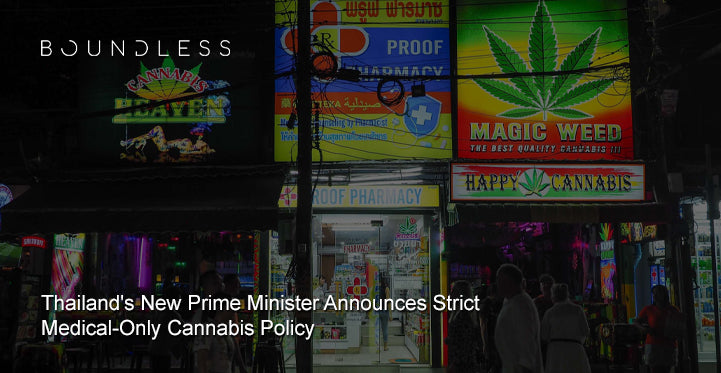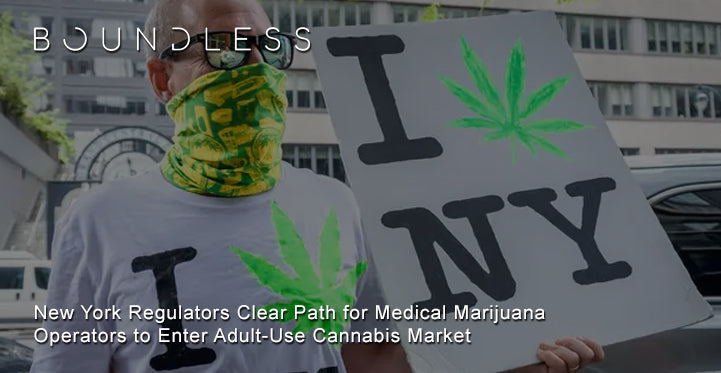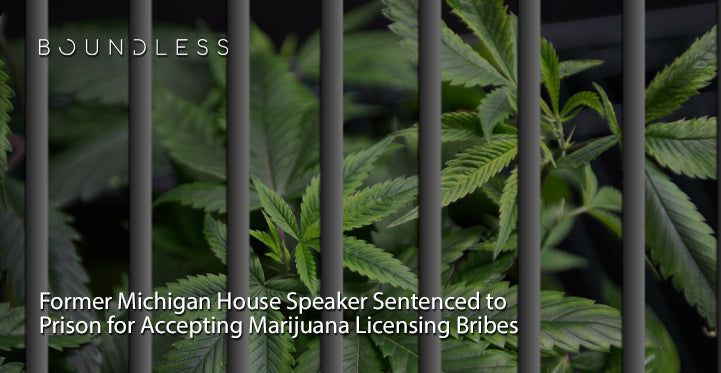Thailand's newly appointed Prime Minister, Srettha Thavisin, has announced plans to reform the country's cannabis policy, restricting its usage exclusively for medical purposes within a six-month timeframe. This move comes after Thailand made history by becoming the first Asian nation to decriminalize cannabis, removing it from the list of narcotics in the previous year. The decriminalization had triggered a proliferation of cannabis cafes and dispensaries in popular tourist destinations such as Bangkok, Chiang Mai, and Pattaya. However, the absence of comprehensive legislation to regulate its usage created a legal void within the nation.
Srettha Thavisin, a prominent figure in the real estate industry who assumed office in August, emphasized that the coalition government had reached a consensus on the necessity of amending the law to prohibit recreational cannabis use. Srettha leads the Pheu Thai Party, which formed a coalition government with ten other parties and had championed a tough anti-narcotics stance prior to the election.
Speaking during an interview in New York, where he was attending the UN General Assembly, Srettha outlined the need for a complete rewrite of the existing law. His vision is to permit cannabis exclusively for medical applications and to discourage recreational use. When questioned about the possibility of compromises for recreational use, Srettha unequivocally rejected the idea, pointing out that issues stemming from drug abuse have become increasingly widespread.
The decision to curtail cannabis use has been met with approval from some segments of the tourism industry, citing concerns related to the lax regulation of the cannabis sector. Thanet Supornsahasrungsi, the Group Executive Director of Sunshine Hotels and Resorts in Pattaya, noted that the majority of cannabis shops catered to recreational use, raising concerns about marijuana overdoses. He advocated for stricter law enforcement to ensure safe medical treatment for those in need.
Under the current legislation, individuals aged 20 and above, who are not pregnant or breastfeeding, are permitted to use cannabis within their residences. Additionally, products containing cannabis extracts can be consumed in licensed restaurants.
It's important to note that in many other Asian countries, the possession and use of cannabis carry severe penalties, including the death penalty in the case of Singapore.



Leave a comment
This site is protected by hCaptcha and the hCaptcha Privacy Policy and Terms of Service apply.